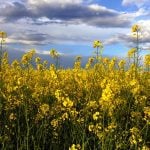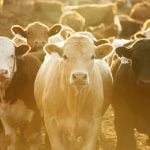Zone tillage is the practice of cultivating a band of soil about 21 cm (eight inches) wide, while leaving the areas between these tilled zones as no-till. Zone tillage has been around since the early 1990s. Over the last five to 10 years, this tillage system has gained in popularity. Dr. Craig Drury, research scientist […] Read more



